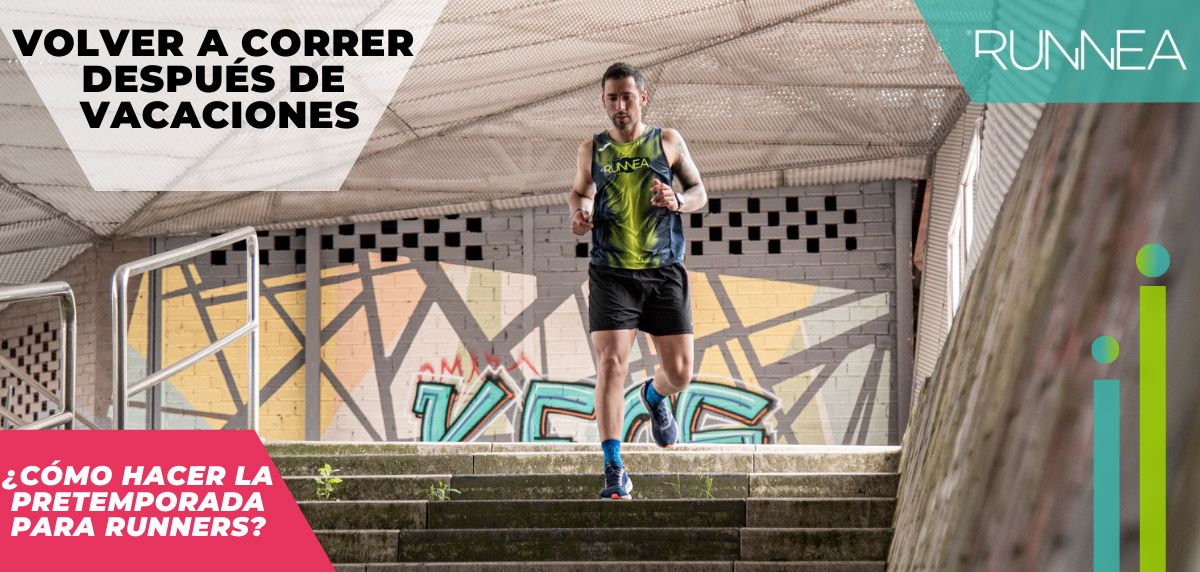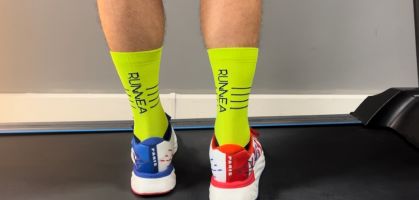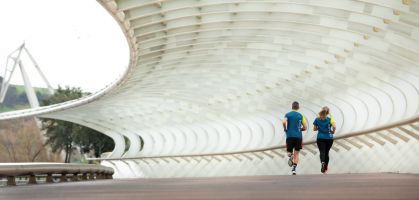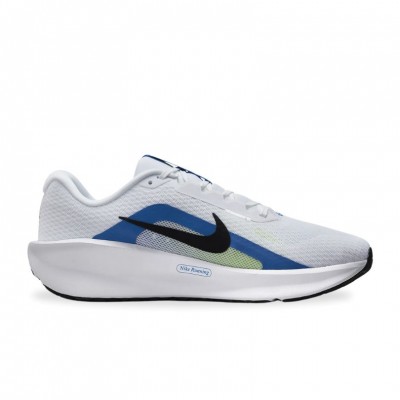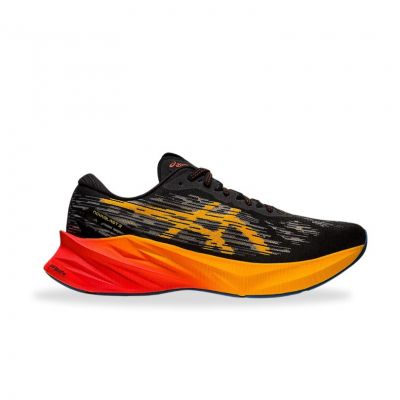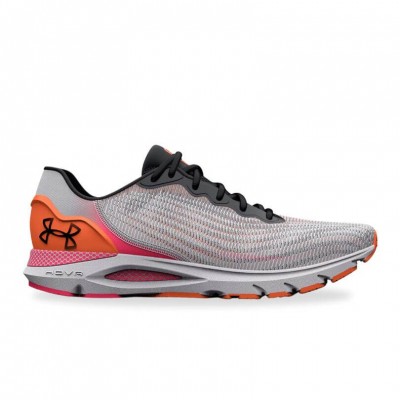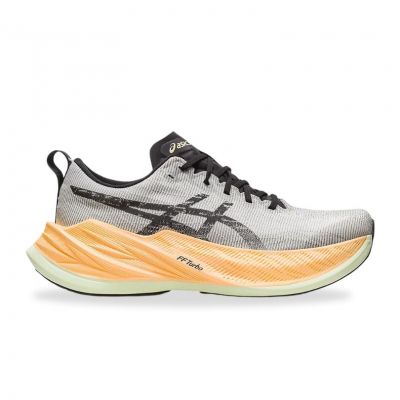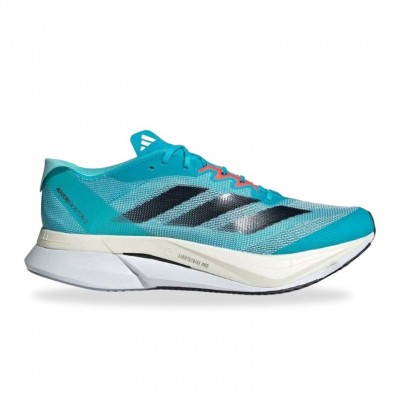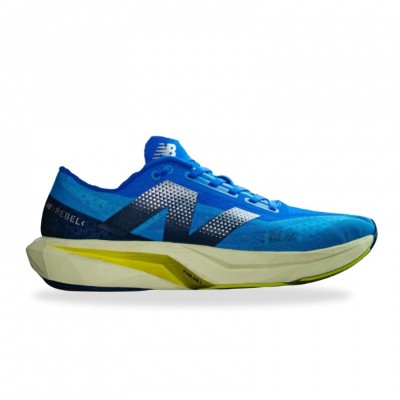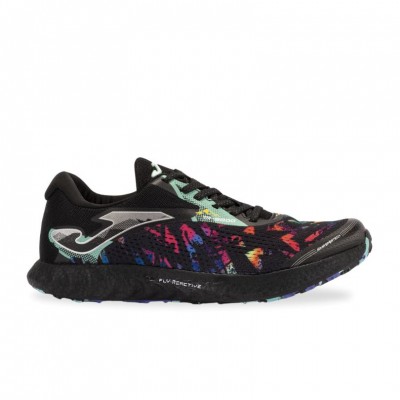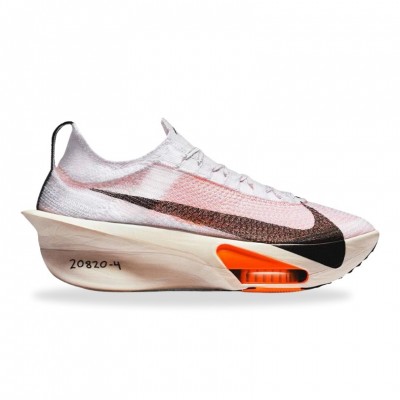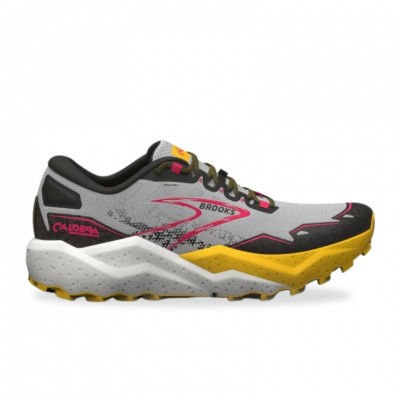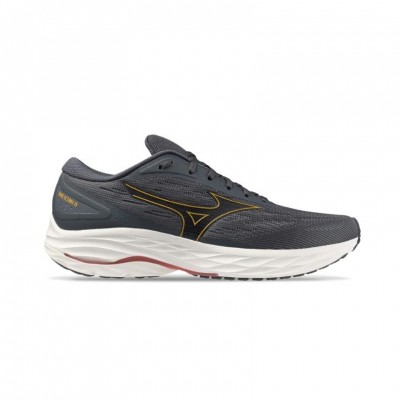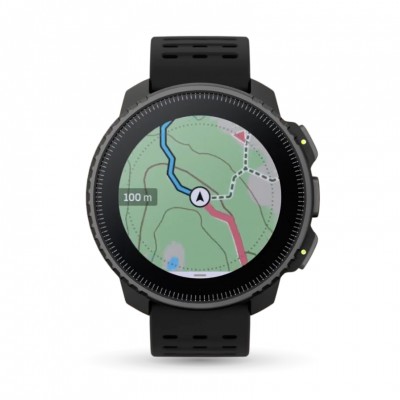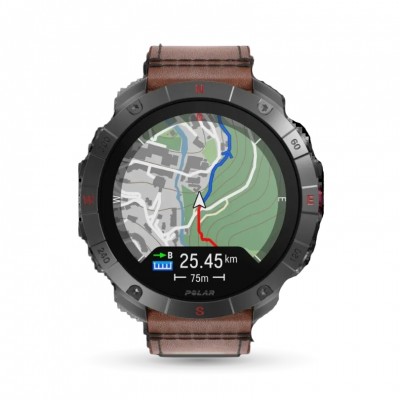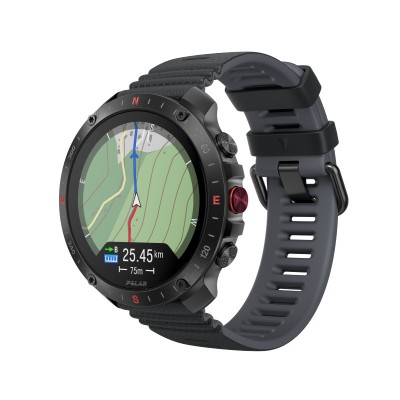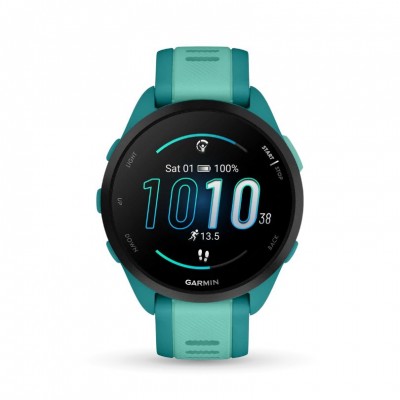They say you have to put a good face to bad weather. It is true that this Covid-19 has upset all the training plans and sports goals we all had in sight. Now, after the summer vacations, it's back to running, and despite the unprecedented reality that we are living, from Runnea we tell you the need to schedule a transition period in your individualized training plan, regardless of the level and the goal you have set.
As always, and more in these specific cases of planning and adjustment of training plans, we put ourselves in the expert hands of Iker Muñoz, our Runnea sports director and one of the head coaches of Runnea Academy, our exclusive online training platform for all types of runners.
How should a runner do the preseason: set a goal?
To this end, and with the help of Iker Muñoz, we present some of the basic keys that every runner should take into account when starting their particular preseason after the summer break. The first step is to set a goal to keep motivation at its highest levels to help us train, bringing out our best version.
How should we face the return to the "new normal" after the holiday period?
This year, many of us have not had that transition period (between seasons) that summer represents due to the fact that after the confinement we have been training all summer.
- You may beinterested in: How to stay motivated in running?
In view of the absence of competitions, at times we can become demotivated because we do not find a clear objective for which to train. However, this new season can be a good time to work on basic aspects for which we usually do not find time. For example, strength work, technique, changing the type of surface, going back to shorter distances to improve our speed and so on.
Therefore, the first thing we have to set ourselves is a goal. Sometimes it may be a real or virtual competition and sometimes it may be to improve my performance over a shorter distance than usual (1500, 3000, 5000m, etc.). We will change the type of training, distance and we will acquire new adaptations.
Will the lack of competitions affect us in the pre-season preparation?
Definitely yes. All training plans are structured to improve our performance and this improvement comes to be certified, objectively, in a competition normally.
However, many virtual competitions are being proposed. It is another way to compete and to have an achievable goal to train for. It is important that we look for a goal to train for.

First weeks of preseason training
How should we manage the first few weeks of training?
This will depend on what we have done previously:
- If we have not stopped and what we are going to do is a continuation of our work, it will not be necessary to alter our program, since there is no such phase of return to activity.
- If, on the other hand, we have taken our foot off the accelerator in summer and have also taken a vacation from changes of pace, intervals, series, etc., it will be convenient to start with the basic work.
In the second case, the progression in duration and intensity will be our maximum. The strength work (also taking into account the progression in intensity) will be mandatory.
It is very important to understand that the base work (by base I mean intensities or training zones not specific to competition) will be the foundation of a good season, so do not despise this type of work.
If we had stayed active during the vacations, what would that transition period be like?
If by staying active we mean training at least 3 days a week, one of them dedicated to high intensity work (>90% Fc max), we can more easily increase the duration of the runs and dedicate more time to vital aspects such as technique or strength.
If we have only dedicated ourselves to light running without demanding too much, we will have to make a more gradual progression to achieve higher intensities.
How to avoid stagnation in runners?
Can we say that runners, in general, are out of control?
More than uncontrolled, there are many runners who do not have a defined goal since it is quite likely that this 2020 will be a blank year. Therefore, in some cases, rather than training, they go out to run and depending on the feelings they have, they push themselves more or not.
- You may beinterested in: BOM! Runnea Best Of Me: The virtual race with which you will recover your motivation .
The problem with this is that it does not follow a systematic practice that vaya pursuing new adaptations, so you can get the dreaded stagnation in these runners.
Read more news about: Running Training
